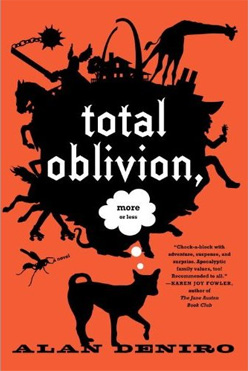“an uncanny desire to be that which we already are”
from Catherine Gallagher, “The Rise of Fictionality”, from The Novel, Volume 1, ed. Franco Moretti (Princeton Univ. Press, 2006)
“In addition to the gaps between shifting textual perspectives and the separation between subjectivity and speaker, we should also mention those between attempted reference and realization or typification and individuation, which hark back to Henry Fielding’s Aristotelian view of fictional character as that which instances the type and therefore finds its referent in the reader. What Fielding was not quite willing to acknowledge, though, is that between type and instance, a gulf necessarily opens up, especially in the realist novel, with its double imperative to taxonomize the social body and to individualize the character. A thematic emphasis on protagonists who cannot become genuine or authentic (Stendhal’s Julien Sorel, for example, or Flaubert’s Emma Bovary), or who seem debarred from ordinary existence (Tolstoy’s Anna Karenina or George Eliot’s Dorothea Brooke) rehearses this formal difficulty, which we noted earlier, of arriving at the semblance of a unique being under the generic constraint of referential typicality. The implicit contrast between the reader, with her independent embodied selfhood that pretends to need no alibi of reference in order to achieve significance, and the character, with her notable lack of quiddity, who is therefore forever tethered to the abstraction of type, can even be played upon to produce a vicarious desire, as the imagined desire of the character, for the immanence the reader possesses. The fictional character’s incompleteness can, in other words, not only create a sense of the reader’s material “reality” as ontologically plentiful by helping us reenvision our embodied immanence through the condition of its possible absence, but also allows us to experience an uncanny desire to be that which we already are.
“What we seek in and through characters, therefore, are not surrogate selves but the contradictory sensations of not being a character. On the one hand, we experience an ideal version of self-continuity, graced by enunciative mastery, mobility, and powers of almost instantaneous detachment and attachment. We experience, that is, the elation of a unitary unboundedness. On the other hand, we are also allowed to love an equally idealized immanence, an ability to be, we imagine, without textuality, meaningfulness, or any other excuse for existing.”
(h/t Ads without Products)




